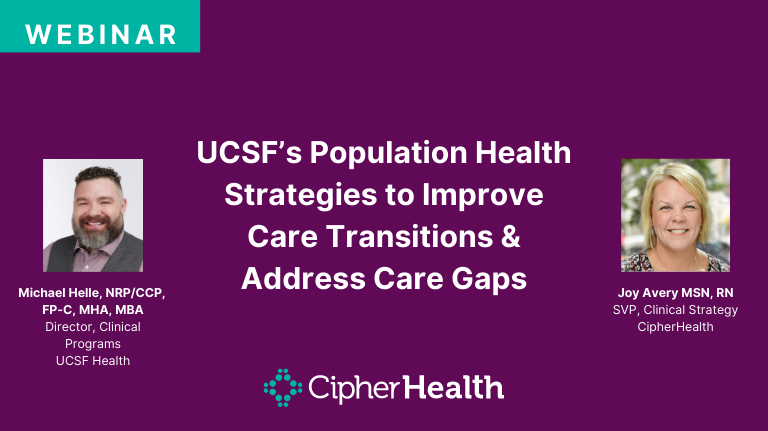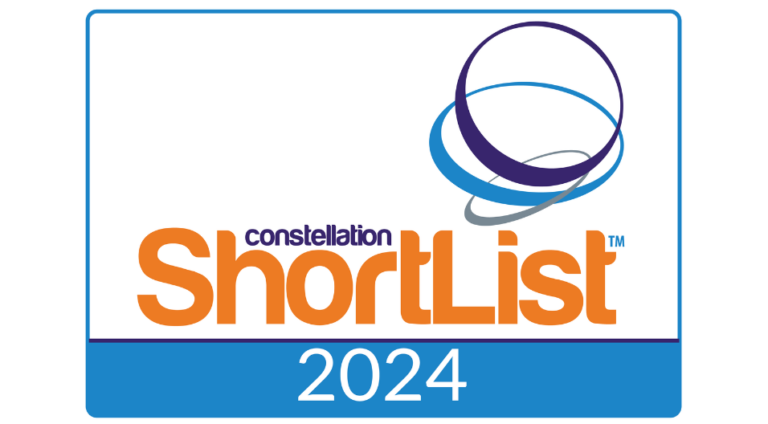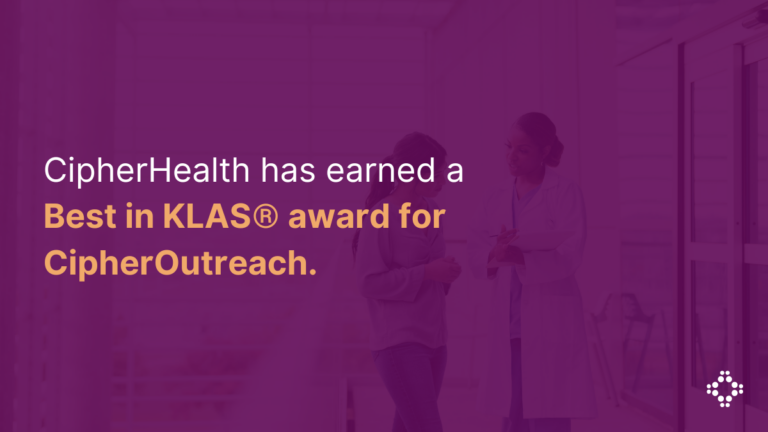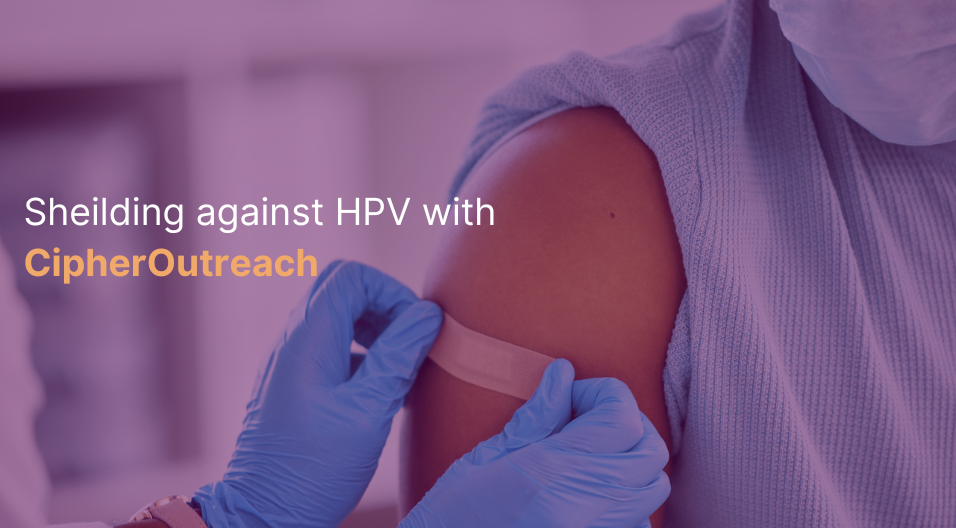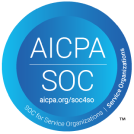Human Papillomavirus (HPV) is a common virus with considerable public health implications, ranging from benign skin warts to severe conditions such as cancers. Understanding HPV, its impact, and the importance of vaccination is crucial in preventing its spread. CipherHealth is committed to enhancing HPV vaccination outreach and protecting the next generation.
As children prepare to go back to school, it’s especially important to ensure they are protected against HPV. The good news is that the HPV vaccine is highly effective in preventing infection with the most dangerous strains of the virus. Vaccinated individuals have a substantially reduced risk of developing HPV-related cancers.
Specifically, the CDC recommends two doses of the HPV vaccine for children aged 11-12, though vaccination can start as early as nine years old. Children who receive the first dose before their 15th birthday need only two doses, while those who start the vaccine series after their 15th birthday require three doses. The vaccine series is most efficacious when administered before exposure to the virus.
Fortunately, the HPV vaccine is accessible through various channels: healthcare providers, public health clinics, pharmacies, and school-based programs. The Affordable Care Act mandates coverage without out-of-pocket costs for in-network providers, making it widely available.
How CipherHealth helps mitigate the spread of HPV
CipherHealth is working to improve HPV vaccination rates by offering targeted outreach programs that streamline communication with patients. By leveraging advanced communication tools, hospitals and health systems can ensure eligible children and their parents receive timely reminders and educational resources about the vaccine. Here’s how CipherOutreach makes a difference:
- Automated SMS outreach: Sends timely reminders and educational messages about the importance and availability of the HPV vaccine.
- Multilingual support: Engages a diverse patient population with messages in multiple languages.
- Customized call schedules: Optimizes patient engagement by scheduling outreach at the most convenient times.
- Data collection and analysis: Captures valuable information on vaccination status to improve health system initiatives.
More vaccinations not only reduces each patients’ risk of developing HPV-related cancers but also contributes to herd immunity, helping to protect those who are unvaccinated or immunocompromised. Indeed, the World Health Organization (WHO) advocates for widespread vaccination as part of its strategy to eliminate cervical cancer globally.
Vaccination is critical to reduce the incidence of related cancers and other health issues
Each year, HPV causes about 36,000 cancer cases in the U.S. alone. It affects individuals of all ages and genders, but certain groups are more vulnerable. Sexually active adolescents and young adults (ages 15-24) are particularly susceptible to HPV transmission. Women are at significant risk of developing HPV-related cervical cancer, making regular screenings essential. Men can also develop HPV-related cancers, particularly oropharyngeal cancer, and the incidence of these cancers is rising.
CipherHealth is committed to supporting this important public health initiative. Through automated, multilingual communication and data-driven strategies, hospitals and healthcare systems can improve access, support widespread vaccination, and help protect millions from the adverse effects of this pervasive virus.
